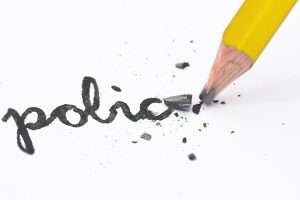If you’re looking to take your poker skills to the next level, there’s no better way to learn than from the pros. Whether you’re a beginner or a seasoned player, there are always tips and strategies that can help improve your game and increase your chances of winning.
One of the most important skills to master in poker is the ability to read your opponents. This means paying close attention to their betting patterns, body language, and facial expressions to try to determine what kind of hand they have. Professional poker players are masters at reading their opponents, and being able to accurately assess the strength of your opponents’ hands can give you a significant advantage at the table.
Another key skill to develop is the ability to bluff effectively. Bluffing is an essential part of poker, as it allows you to deceive your opponents and make them believe you have a stronger hand than you actually do. However, bluffing should be used sparingly and strategically, as overdoing it can quickly backfire and lead to significant losses.
In addition to reading your opponents and bluffing, it’s crucial to have a solid understanding of poker strategy. This includes knowing when to bet, fold, raise, or call, as well as understanding the odds and probabilities of different hands. Professional poker players spend countless hours studying the game and honing their skills, and by learning from their strategies, you can improve your own game and increase your chances of success.
One strategy favored by many pros is playing tight-aggressive. This means being selective about the hands you play, only playing strong hands that have a good chance of winning. By minimizing your losses with weaker hands and maximizing your winnings with strong hands, you can increase your overall profitability at the table.
Another key strategy is maintaining a poker face. Professional players are experts at controlling their emotions and not giving anything away to their opponents. By keeping a calm and neutral expression, you can keep your opponents guessing and make it more difficult for them to read your hand.
Overall, becoming a successful poker player takes time, practice, and dedication. By studying the strategies of the pros, practicing regularly, and continually improving your skills, you can unleash your full potential and increase your chances of winning at the poker table. So, what are you waiting for? Get out there, practice, and start making waves in the world of poker!


